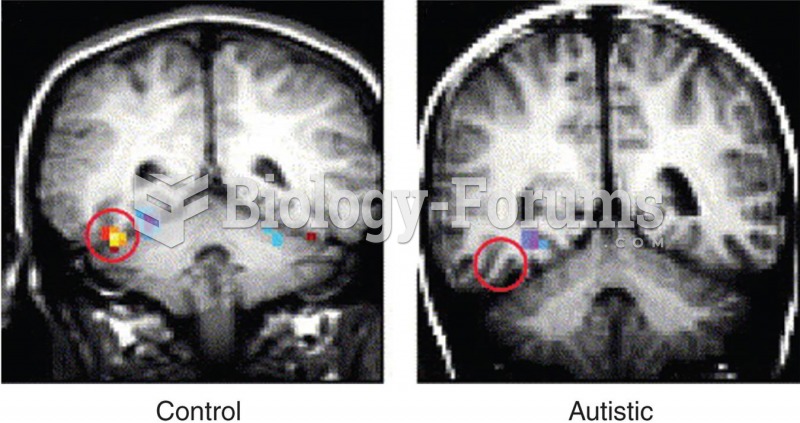Four healthcare professionals participate in a face-to-face conference at the hospital regarding a 59-year-old man 4 days status post right-foot amputation due to severe ulceration of the foot secondary to type I diabetes.
Patient is recovering from surgery well and will remain at the hospital for 3 more days before being transferred to ActiveWay Rehabilitation for follow-up rehab. Participating in medical conference is physical therapy, occupational therapy, physician, and patient's wife. 40 minutes spent in conference coordinating the active participation of each discipline in patient's rehabilitation. Patient's wife has been educated on postsurgical rehabilitation, as well as her coordination with physical and occupational therapy during her husband's recovery and rehabilitation. Which of the following best reflects the service(s) provided? a. Case management services: medical team conference, direct contact with patient and/or family
b. Care plan oversight service
c. Hospital inpatient services: subsequent hospital care
d. Domiciliary, rest home (e.g., assisted living facility), or home care plan oversight
Question 2A 17-year-old man presents to his regular pediatrician for an annual physical. During the course of the visit, the physician notices an amphoric breath sound.
Further collection of history reveals that the patient has had a persistent and productive cough that began last week. Patient remembers eating pistachio nuts while playing video games with friends and distinctly remembers choking. After recovering from the episode, video game play resumed, and he thought nothing of it. Physical examination: Reveals distinct amphoric breath sounds accompanied by right-sided wheezes. Assessment: Probable foreign-body airway obstruction of right bronchi. Plan: Recommend bronchoscopy to identify and, if necessary, remove foreign body. Physician documents a detailed history, expanded problem-focused physical examination, and moderate medical decision making. Other than this presenting problem, physician performs an age and gender appropriate history, physical examination, and risk factor counseling pertinent to a young manspecifically, good driving habits, safe sexual practices or abstinence, and identification of alcohol or drug use. Which of the following best reflects the service(s) provided?
a. One code: office or other outpatient service, new patient, level 3
b. One code: preventive medicine, established patient
c. Two separate codes: (1) preventive medicine, established patient, and (2) office or other outpatient; established patient, level 4
d. Two separate codes: (1) preventive medicine, new patient, and (2) office or other outpatient service, new patient, level 3







